While escalating project costs, labour shortages and supply chain challenges continued to dominate the headlines in 2022, Ontario construction stakeholders agreed the big news story of the year was the re-election of the Doug Ford government in June and its focus on infrastructure.
“I think the thing that is most important around it isn’t simply that he (Doug Ford) was re-elected and is strong on infrastructure. He actually ran a provincial election campaign with the promise to build new highways and transit,” said Patrick McManus, executive director of the Ontario Sewer and Watermain Construction Association.
“Infrastructure has become a critical issue in Ontario. The electorate recognizes that congestion is negatively impacting our economic competitiveness, that expanding our housing stock here is critical to our ongoing growth and prosperity and I think this government has been building momentum on these things. I hope that the other parties take note.
“We can’t ignore or push off construction any longer.”
Mike Yorke, director of public affairs and innovation with the Carpenters’ District Council of Ontario, said the year could be described in two words: generational change.
“We had a provincial election and a government that came in and really was committed to solid investments in infrastructure, that’s transit, training…but also in health care,” Yorke stated.
“For us, we’re looking at the ongoing health of the industry and government investment in health care and transit that will have positive spin off benefits in the commercial sector as will the federal government’s announcement of 500,000 immigrants per year over the next couple of years.
“We may see a little bit of a dip in the economy, I don’t think there is any surprise about that…but I think the fundamentals are all there for a healthy economy.”
Also making headlines this year were collective agreement negotiations that resulted in widespread strikes.
“I thought there was an example of generational change within the local union and with local unions around the province of Ontario where young people stepped up to the frontlines,” explained Yorke.
“They were instrumental in keeping spirits high on the picket lines and really committed to seeing an improvement in the collective agreement. We came back with a collective agreement that almost 80 per cent of the membership around the province endorsed the second time around.”
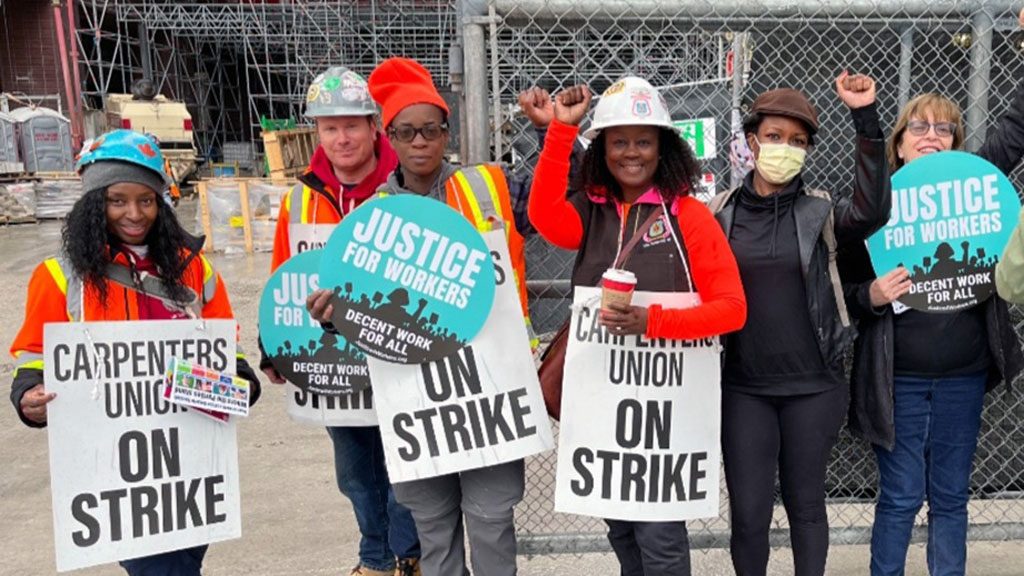
Marc Arsenault, business manager of the Provincial Building and Construction Trades Council of Ontario, said it is looking at proactive ways to enhance construction-specific labour relations education and training by learning from the experiences with 2022 bargaining.
“Conducting a systematic review of what worked well and what didn’t, in addition to developing a useful training tool to improve the process of collective bargaining, will go a long way in terms of strengthening the interests of both employees and employers,” he said.
Protecting the health and safety of workers is also a top priority.
“Worker deaths and reported critical injuries have gone up in the past few years and this is unacceptable,” Arsenault said. “We have to do better to ensure that the men and women who build our province’s infrastructure do so safely.”
Housing continued to be a priority for the Residential Construction Council of Ontario (RESCON).
“There was an election that was basically run around that,” said RESCON president Richard Lyall. “The great thing that happened this year, which I think is so fundamentally important, is that all the parties in the election adopted the 1.5 million target (over the next 10 years) for housing.
“It was a huge year for coming out of that massive COVID threat and the uncertainty there…it was a huge year for housing policies, action, legislation, the biggest changes in a generation…a huge year for rate hikes and financing and the other big thing is the acknowledgement by all levels of government that our immigration system needs to be fixed,” he added.
The seven interest rate hikes in 2022 were unprecedented, he said.
“This is what’s going to make 2023 a very interesting year because it takes a while for these rate effects to kick in,” Lyall explained. “If sales stay low into the new year, by next summer you’re going to start seeing a slowdown in low rise housing production and that will mean some layoffs.”
For the Council of Ontario Construction Associations (COCA), the priority issues for 2022 were identified in a pre-budget submission made in January and included: providing relief for contractors from pandemic related delay claims and unanticipated costs; strengthening the province’s workers’ compensation system; investing in public infrastructure maintenance and expansion; delivering fully on planned infrastructure programs; undertaking a review of the Construction Act; accelerating the development of Ontario’s new Skilled Trades and Apprenticeship System; and working with the federal government to admit more immigrants with construction skills.
“There is reason to be optimistic that more immigrants with skills in construction will be admitted to this province to help address the labour shortage,” said Ian Cunningham, president of COCA, in an email to the Daily Commercial News.
Residential and Civil Construction Alliance of Ontario (RCCAO) executive director Nadia Todorova said 2022 was a pivotal year for infrastructure.
“June’s provincial election, construction beginning on the Bradford Bypass, important legislation passing that will improve the timely delivery of underground utility locates and the ability to build housing and ongoing municipal budget challenges caused by the pandemic are significant developments for the province, industry and labour,” Todorova said in a statement.
An issue that remains a concern for RCCAO is the continued financial shortfalls being experienced by municipalities as a result of COVID-19.
“Given the scale of the budgetary pressures being experienced by municipalities, RCCAO continues to urge higher levels of government to be ready to provide municipalities with the necessary financial assistance to ensure that cities’ capital infrastructure work continues as planned,” Todorova said.
Front and centre for the Ontario General Contractors Association (OGCA) has been the labour shortage.
“Most notably crane operators, the ICI finishing trades, generally we are significantly concerned with ensuring there is labour capacity. Together with our members, we are advocating to promote careers in the construction trades and trying to find resolutions. We believe one of the key solutions will be immigration,” said Erich Schmidt, director of government relation with the OGCA.
Karen Renkema, vice-president, Ontario with the Progressive Contractors Association of Canada, said the labour shortage and government’s support of skilled trades training were the prevalent themes in 2022.
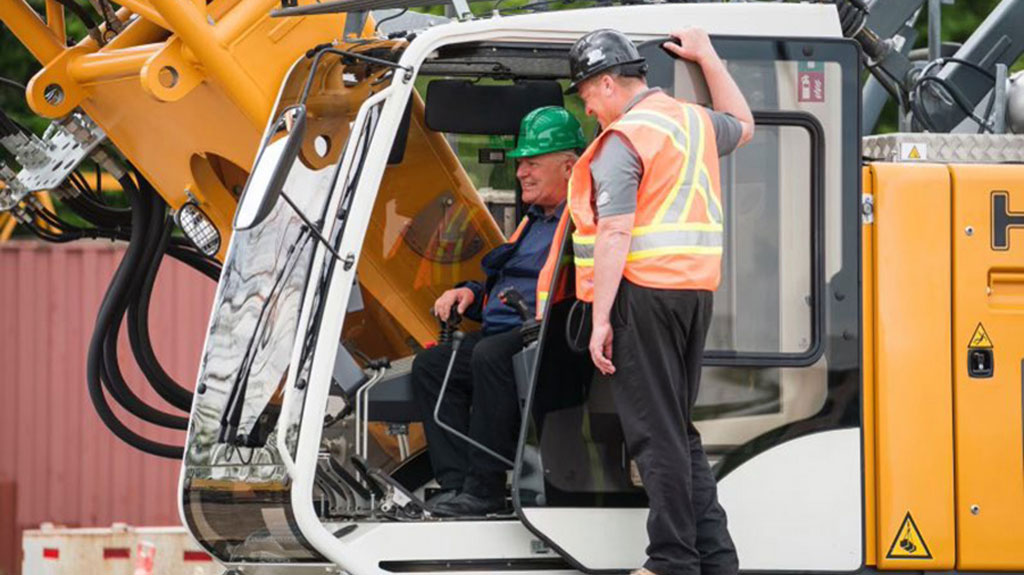
“There are a number of different policy avenues that the government is taking to support the sector and to grow the labour market in the skilled trades…whether it’s immigration, whether it’s working with underrepresented groups, whether it’s working with groups that haven’t had access or have had difficulties getting into the trades,” said Renkema.
“This government is laser-focused on recognizing the labour shortage, recognizing how we’re going to start attracting different communities into the skilled trades that have historically not been involved and looking at not just one pathway but all those different pathways.”
Follow the author on Twitter @DCN_Angela.


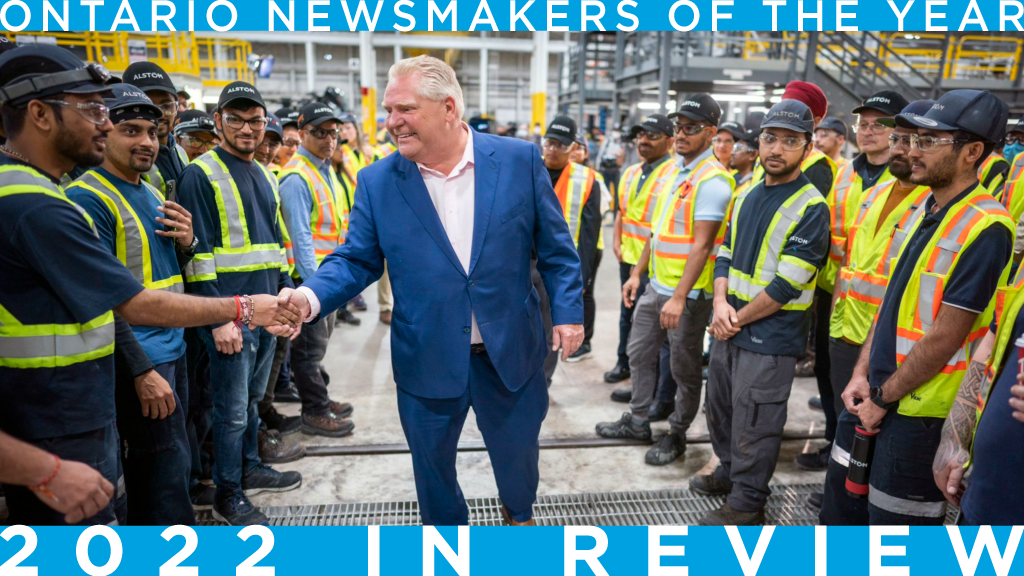



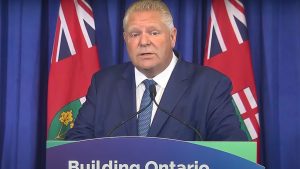
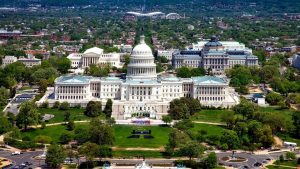


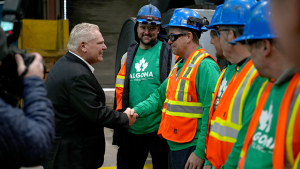
Recent Comments
comments for this post are closed